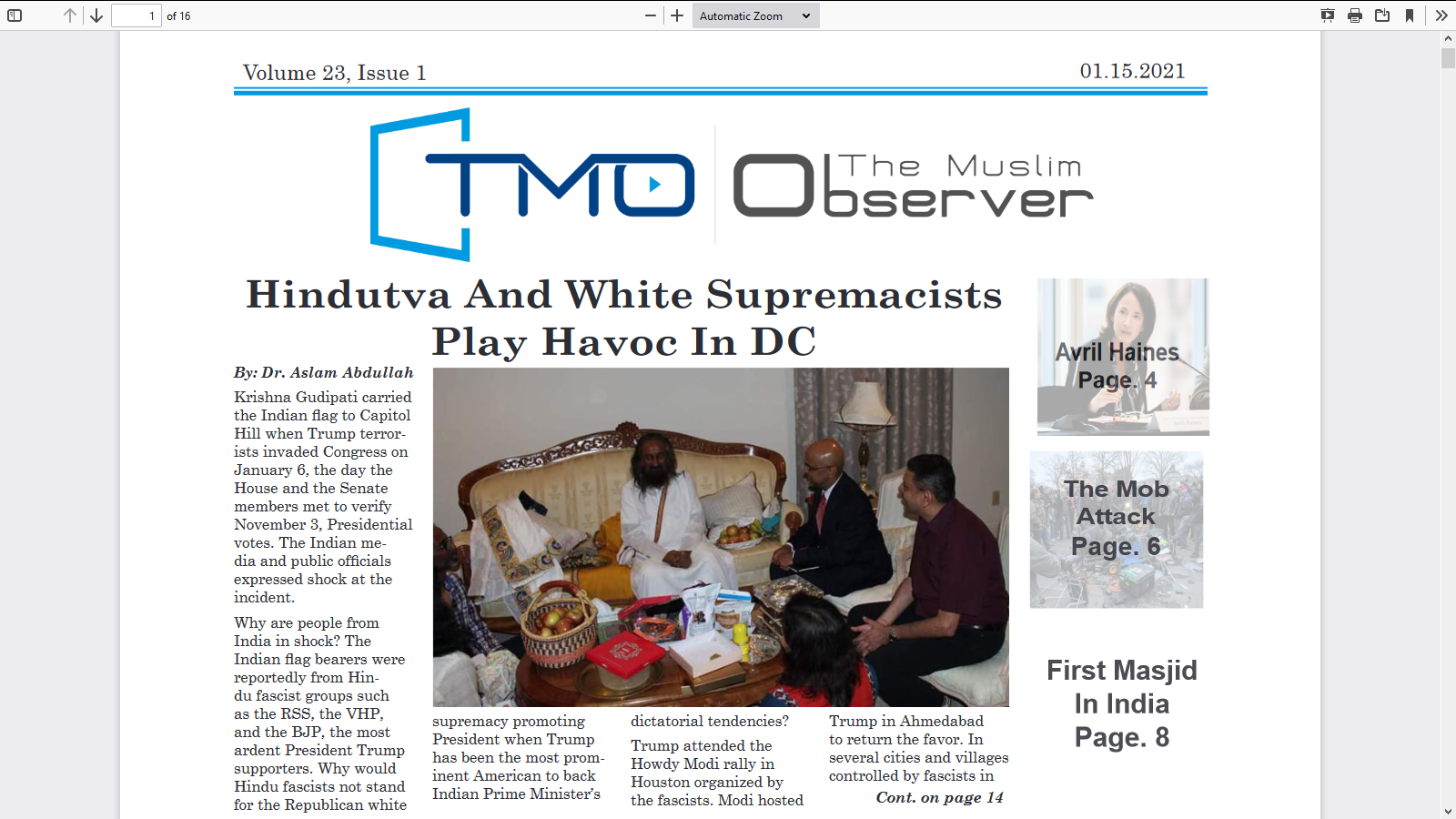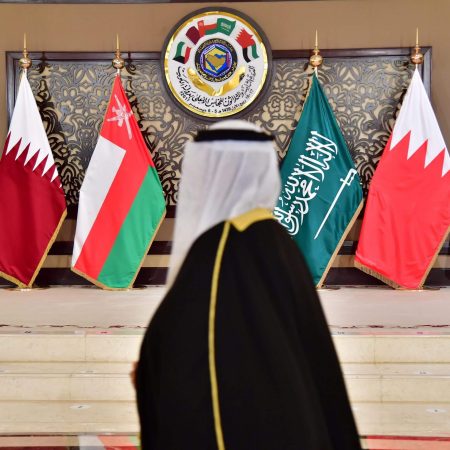Unrest in Iran Inspires Pro-Democracy Activists in the Arab World
New America Media, Commentary, NAM Correspondent
NAM Editor’s Note: Arab regimes haven’t publicly criticized or even mentioned what is happening in neighboring Iran, triggering much speculation among Arab bloggers as to why that is. The author of this piece wished to remain anonymous due to safety concerns.
 |
| Former Iranian Crown Prince Reza Pahlavi pauses while he speaks about Iran at the National Press Club in Washington June 22, 2009. REUTERS/Larry Downing |
DAMASCUS — Images of bloody protesters and crowds numbering in the hundreds of thousands in the streets of Tehran have been broadcast into living rooms across the Arab world for five consecutive days, enchanting and inspiring pro-democracy activists in a region where pushes for democratic reforms tend to be met with an iron fist.
Meanwhile, Arab regimes have largely remained silent over the contested election. Leaders of Saudi Arabia, Egypt, and Jordan—the major Sunni powers in the region—haven’t mentioned the elections or allegations of fraud. In normal circumstances, this would be strange — these countries are the regional archenemies of President Ahmedinejad’s Iran.
Some say the reason behind their silence lies in their fear of bolstering pro-democracy movements in their own countries. “The unrest in Iran frightens dictators in the region because it makes it harder for them to justify their own absolute authority,†says Syrian blogger Yasir Sadiq. “If they see tyrannies come down around them, they’ll be afraid.â€
Whether or not the Iranian elections were “stolen,†Iran is a long way ahead of most Arab countries when it comes to democracy — the country has a functioning electoral system. Saudi Arabia, Jordan, and the Gulf states don’t hold elections, and in Egypt and Syria, “elections†are so tightly controlled that the results are always known in advance.
The state controlled media in authoritarian Arab countries have mostly downplayed the events in Iran. Government controlled newspapers like Al-Thawra in Syria, Iran’s strongest regional ally, have kept Iran off the front pages and run headlines like, “The West needs to stop intervening in Iranian elections,†using age-old claims of conspiracies to deflect attention from actual popular desire for democratic reform.
“Governments all over the Arab world accuse pro-democracy movements of serving the west, or of being tools of the CIA or Mosad (Israeli intelligence),†says Syrian freelance journalist Khaled Al-Khetyari. “They are just trying to manipulate people by using this language because the people in power don’t want their populations to analyze what is actually happening in Iran.â€
The Obama administration has been relatively silent on the unrest in Iran. On Wednesday, Hillary Clinton said it was up to Iranians to “resolve this internal protest.â€
Al-Khatyari says the U.S. administration’s measured distance is a strategy the U.S. should stick to. “The last American administration latched onto any internal opposition to regimes it didn’t like. This always hurts local movements because it connects them to a country that most people here see as harmful to the region and it justifies repression by our governments.â€
Syrian blogger Yasir Sadiq says he is encouraged by the Iranian opposition’s seven-point manifesto being circulated on the internet, which calls for the “Dissolution of all organizations — both secret and public — designed for the oppression of the Iranian people.â€
“It’s inspiring to see people in the Middle East call for the end of secret services,†Sadiq says. “Organizations like this have oppressed people in the Arab world so much.â€
Sadiq is reticent to believe that what he calls Iran’s pro-democracy “intifada†could be exported to Arab countries any time soon. “It’s difficult to hope for this kind of movement in the Arab world. We have a long way to go, but we hope that eventually, something like that will happen here.â€
For now, he says, Arab activists will attempt to learn what they can from their counterparts in Iran. For days, Sadiq has been pegged to Twitter, the social networking tool that has allowed Iranians to organize demonstrations while the Iranian government institutes a near blackout of internet services.
“Arab bloggers’ main interest in what is happening in Iran is in figuring out how Twitter can be used to organize and bring our voices forward in our own countries,†he says.
The government in Syria may eventually try to ban it, like they have with other networking sites like Facebook, but Sadiq says he is not deterred. “The more they ban, the more ways we will find to get around their restrictions.â€
11-27















2009
785 views
views
0
comments